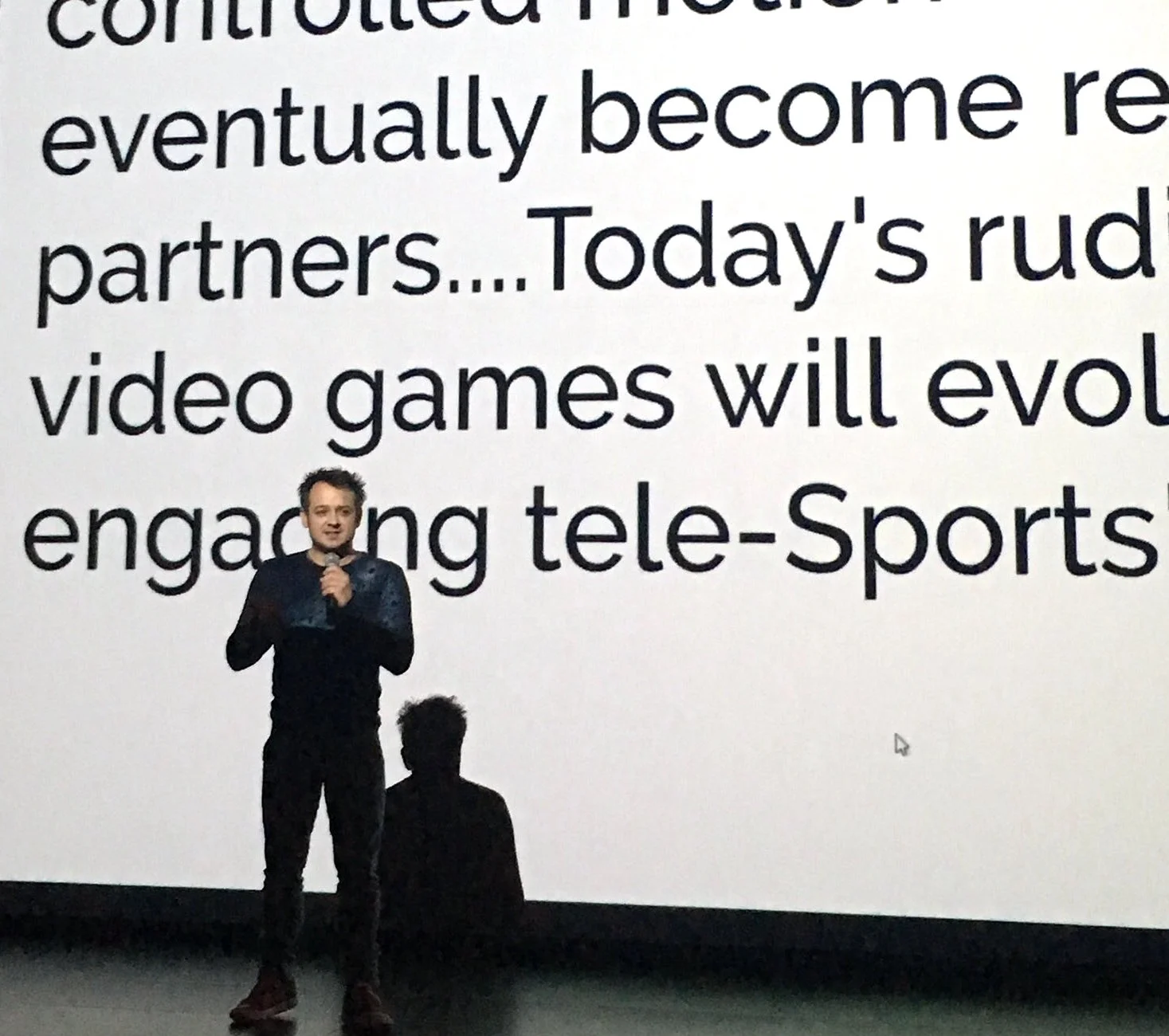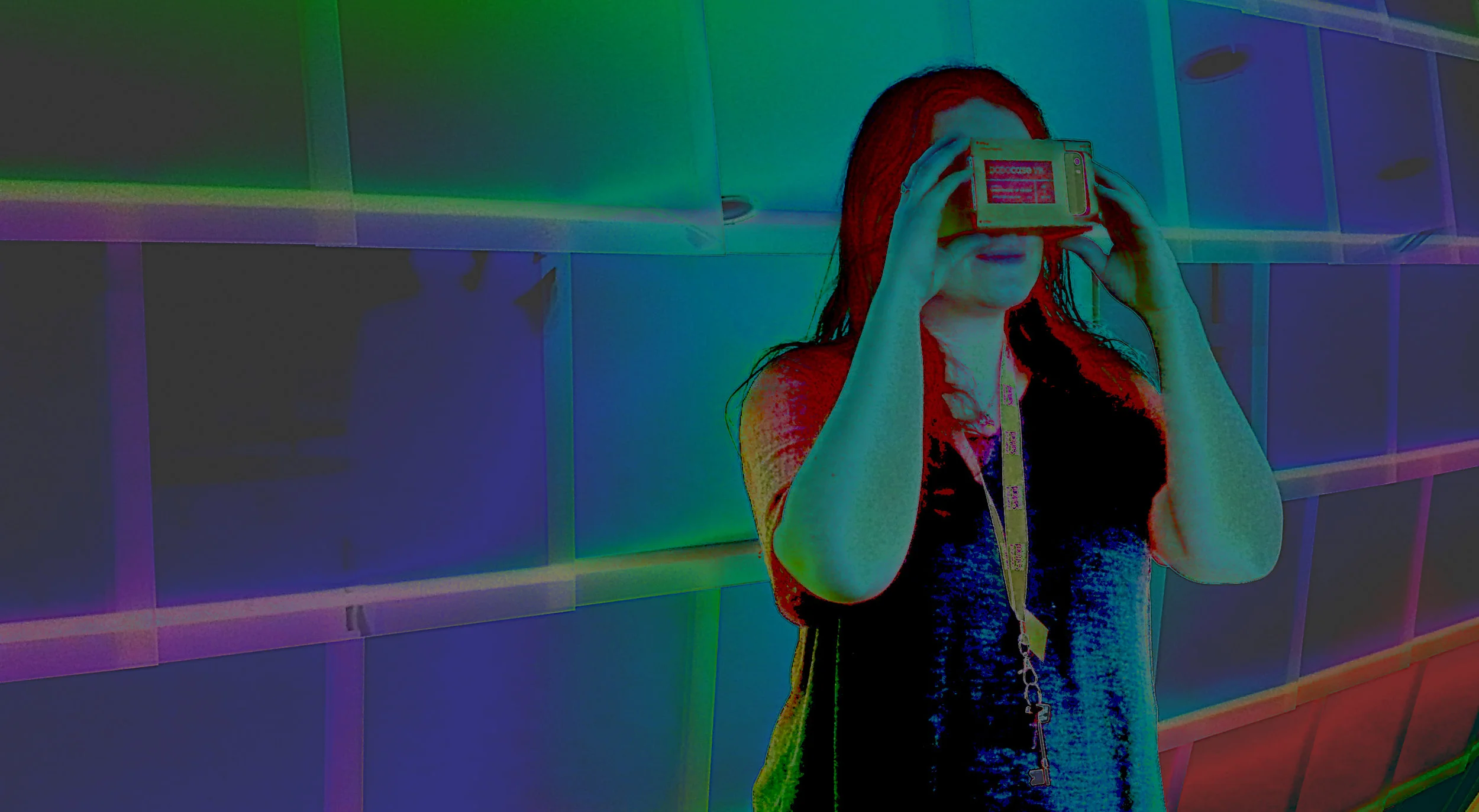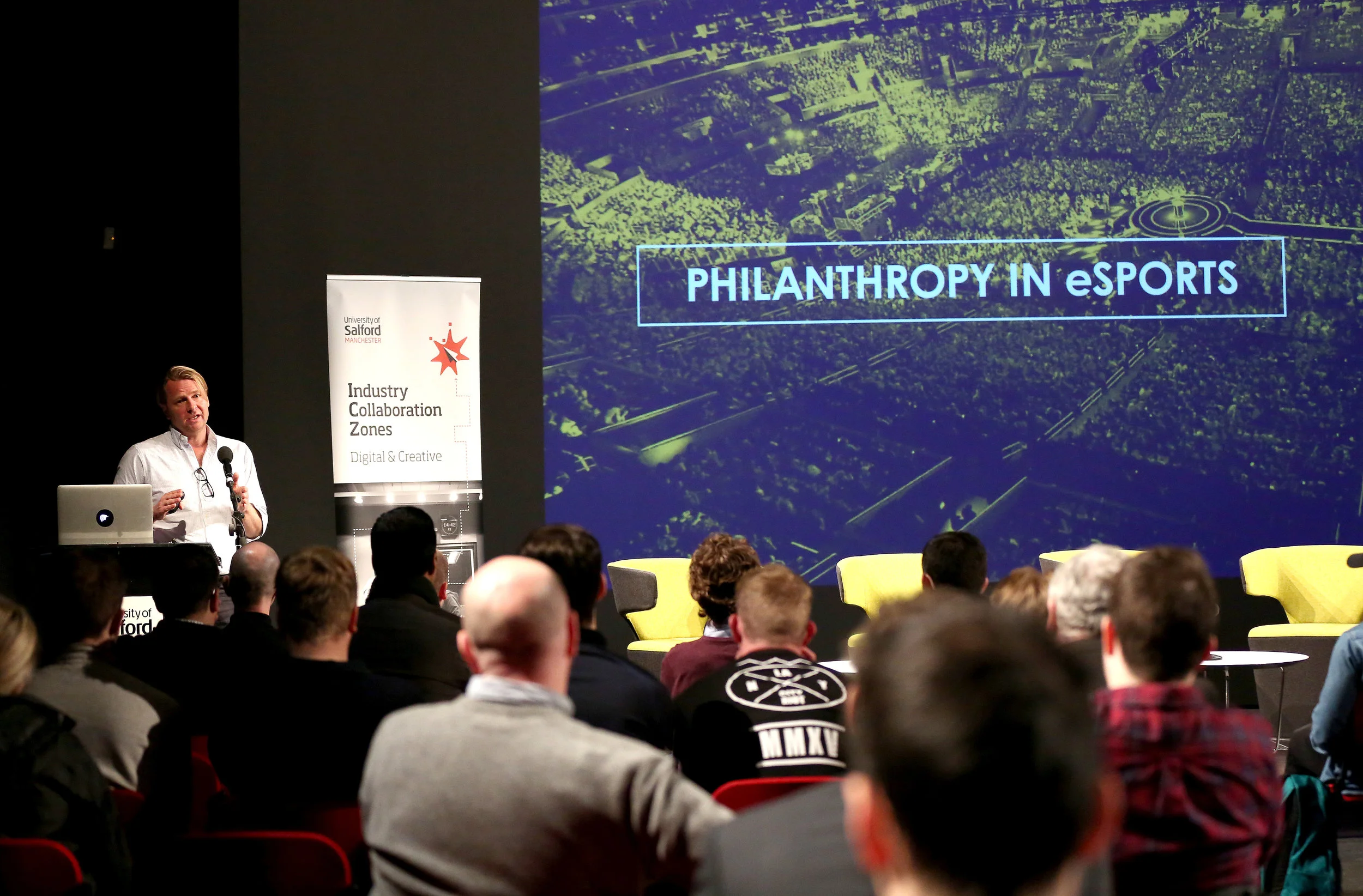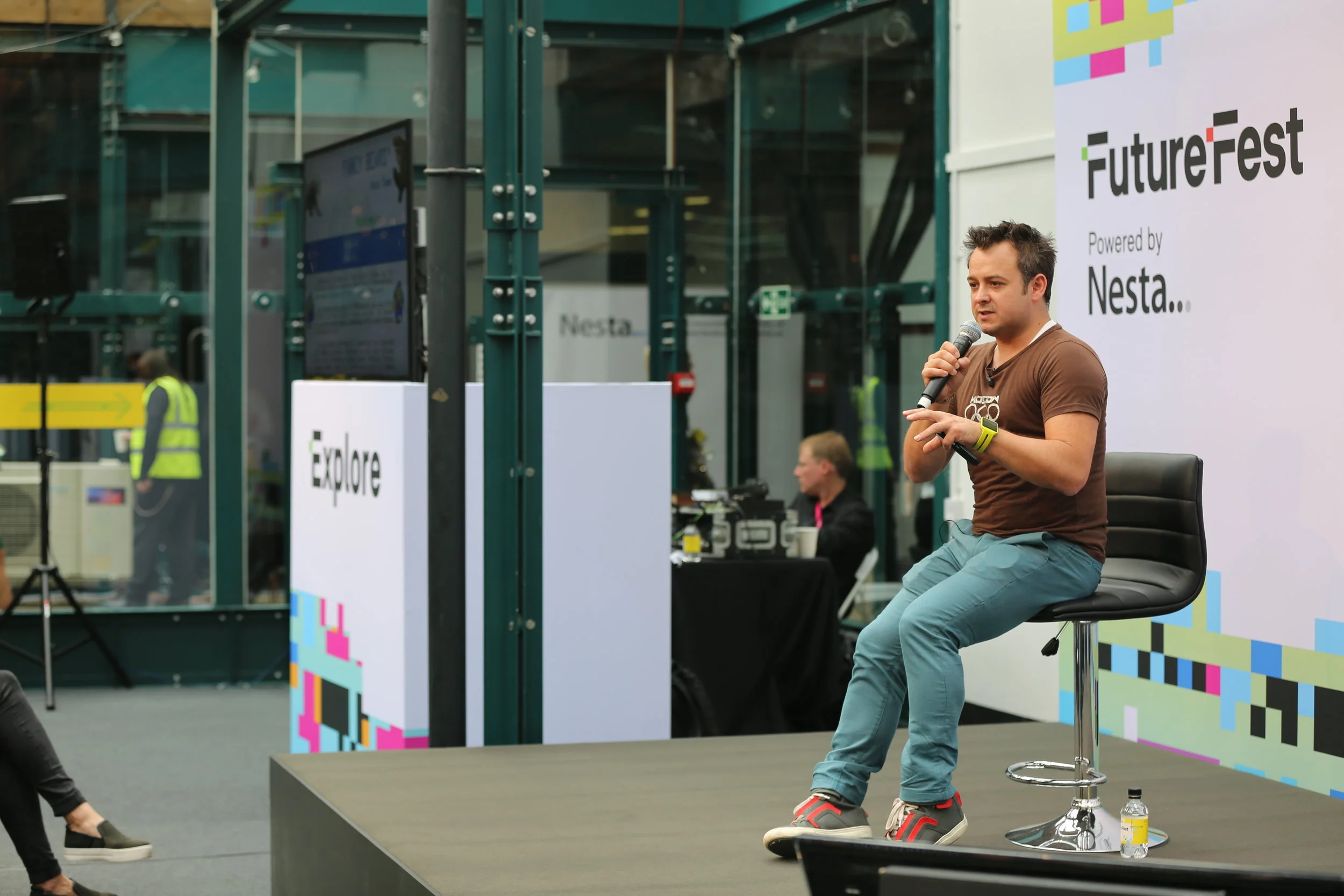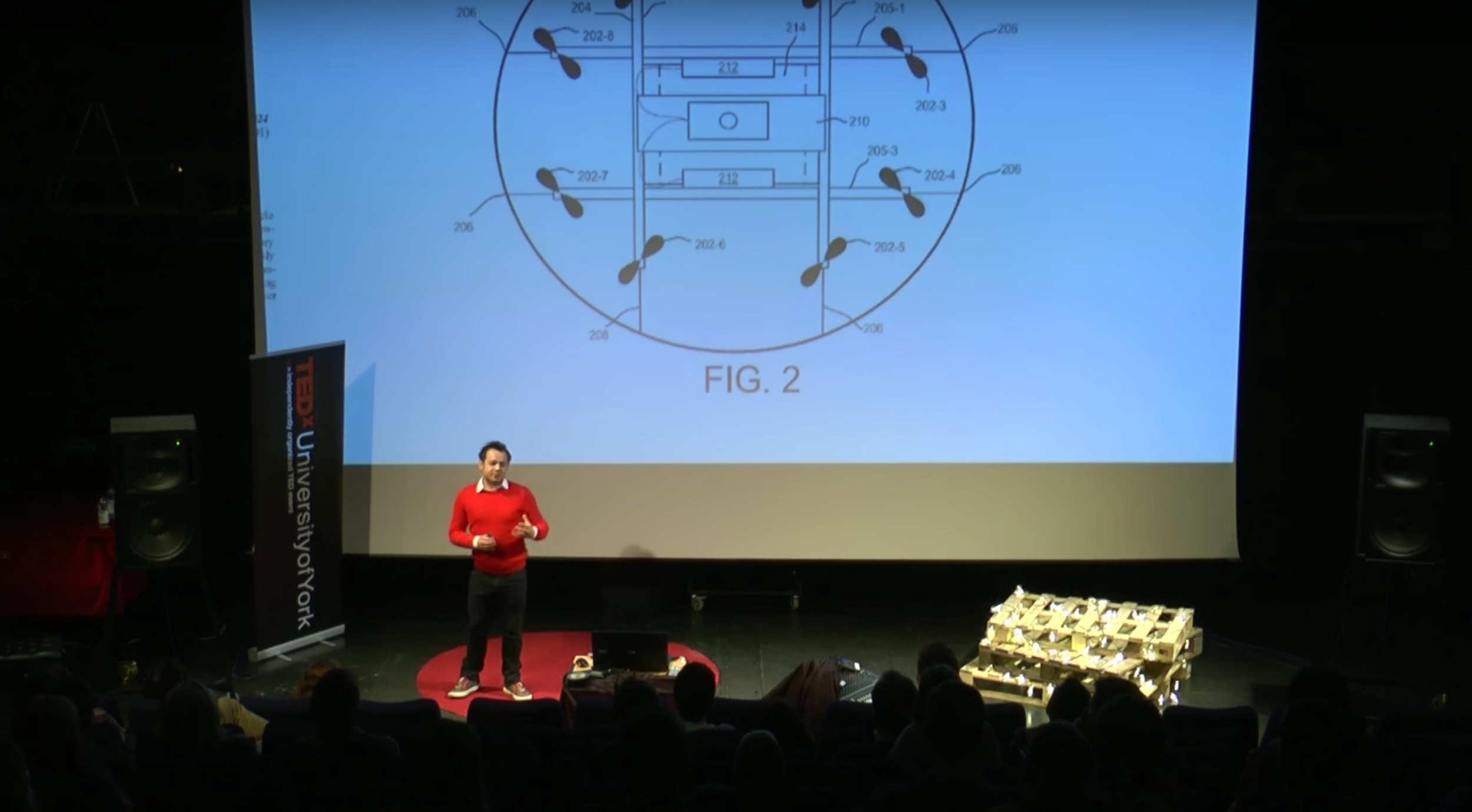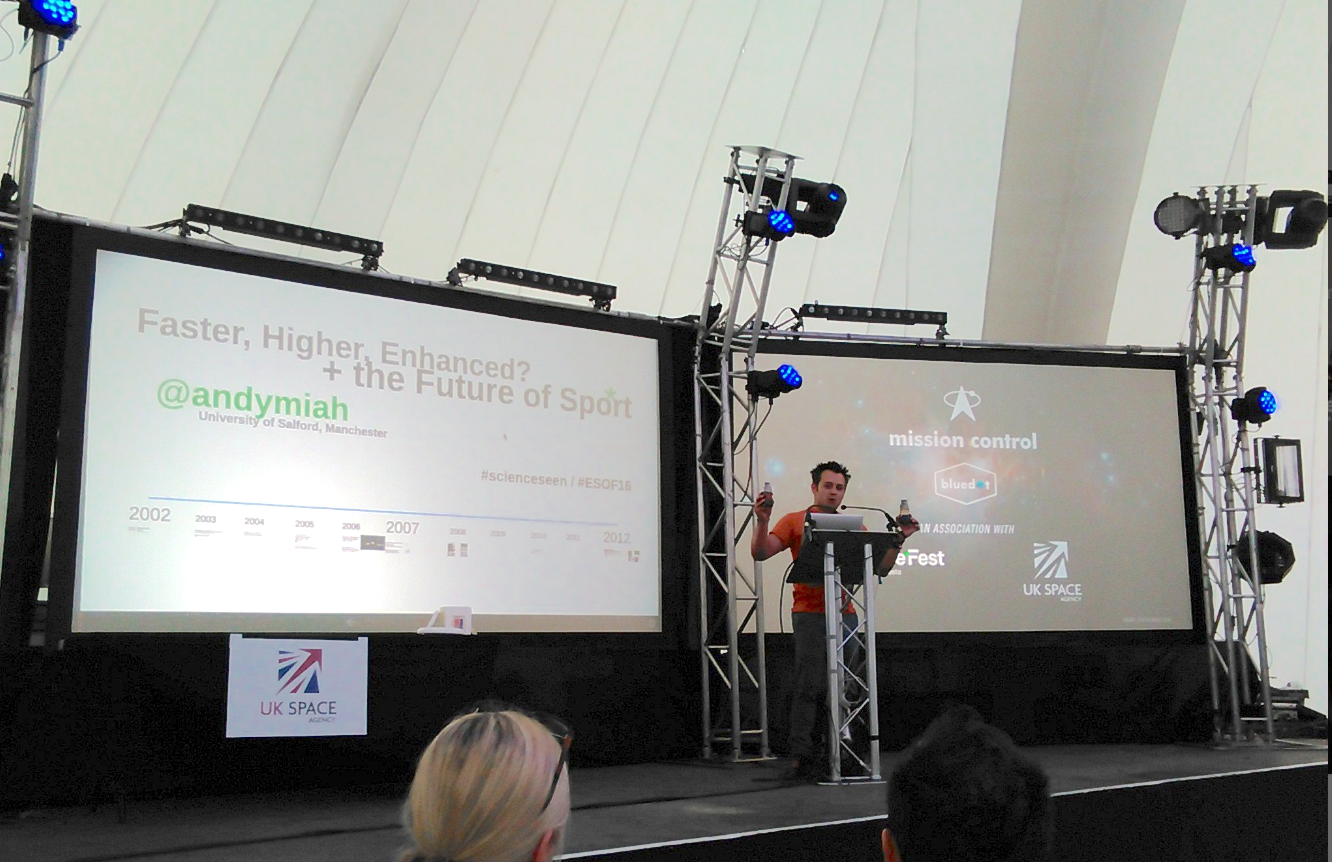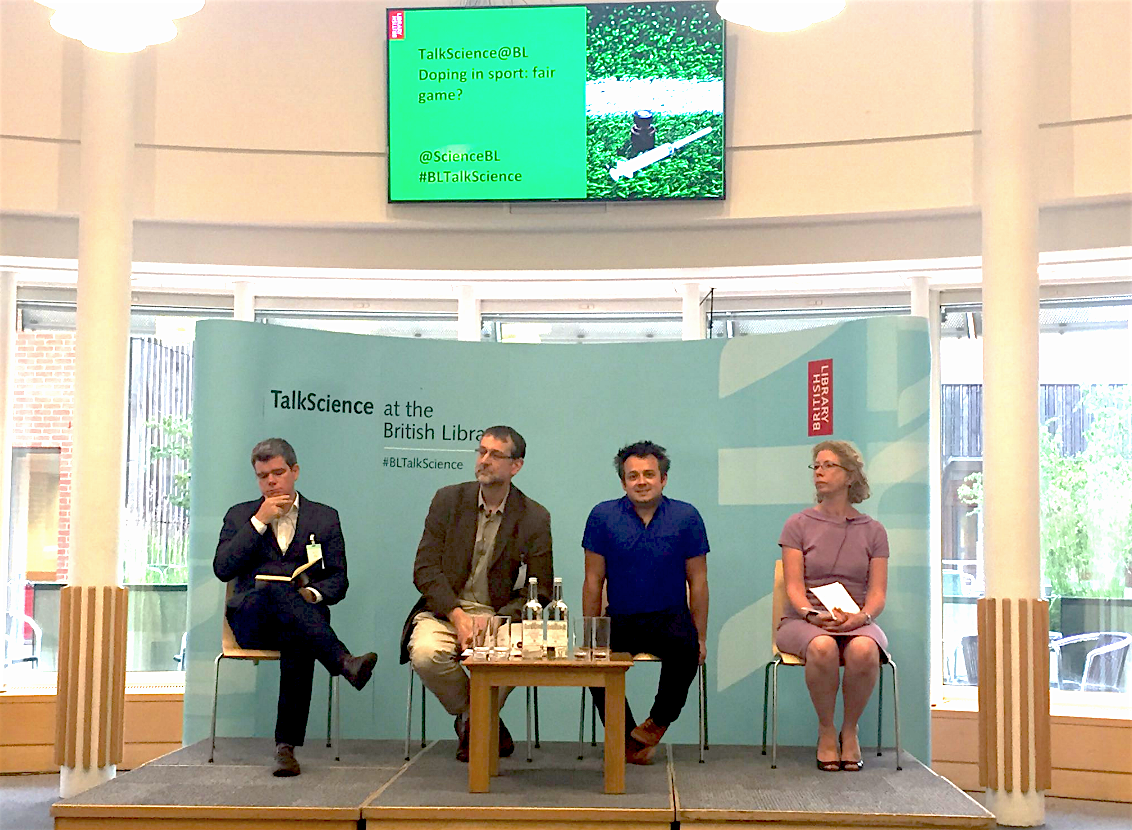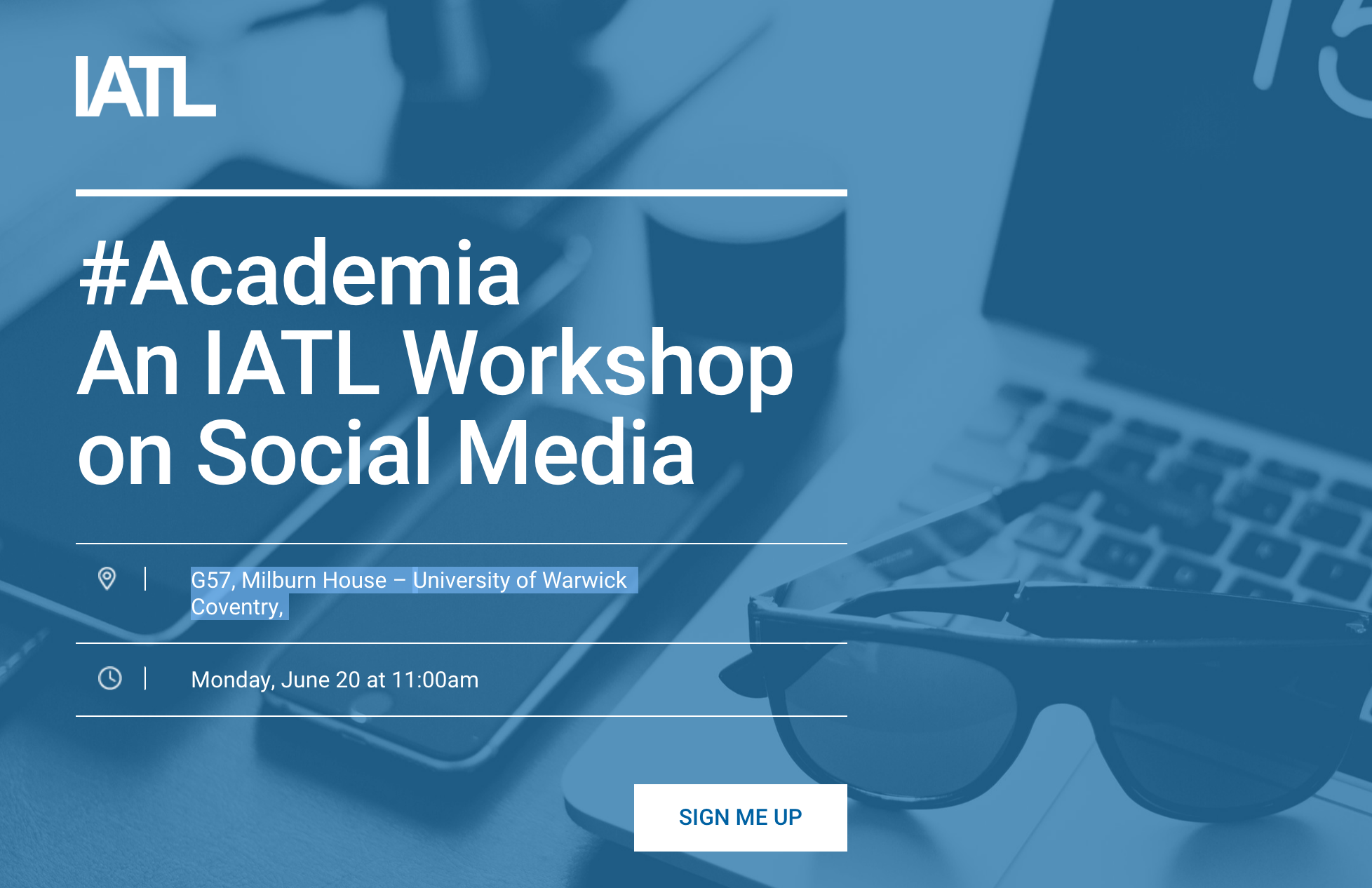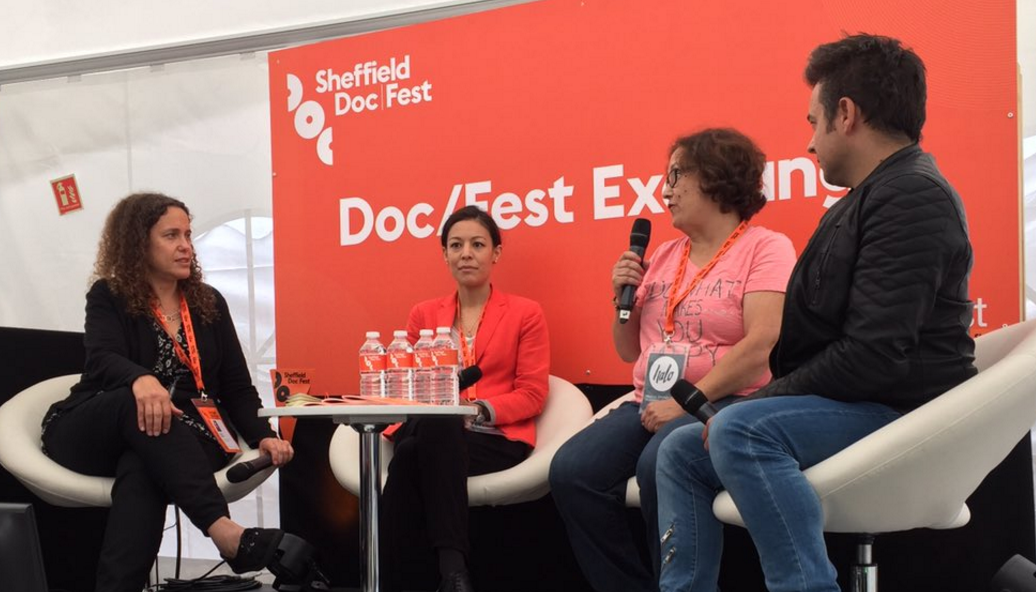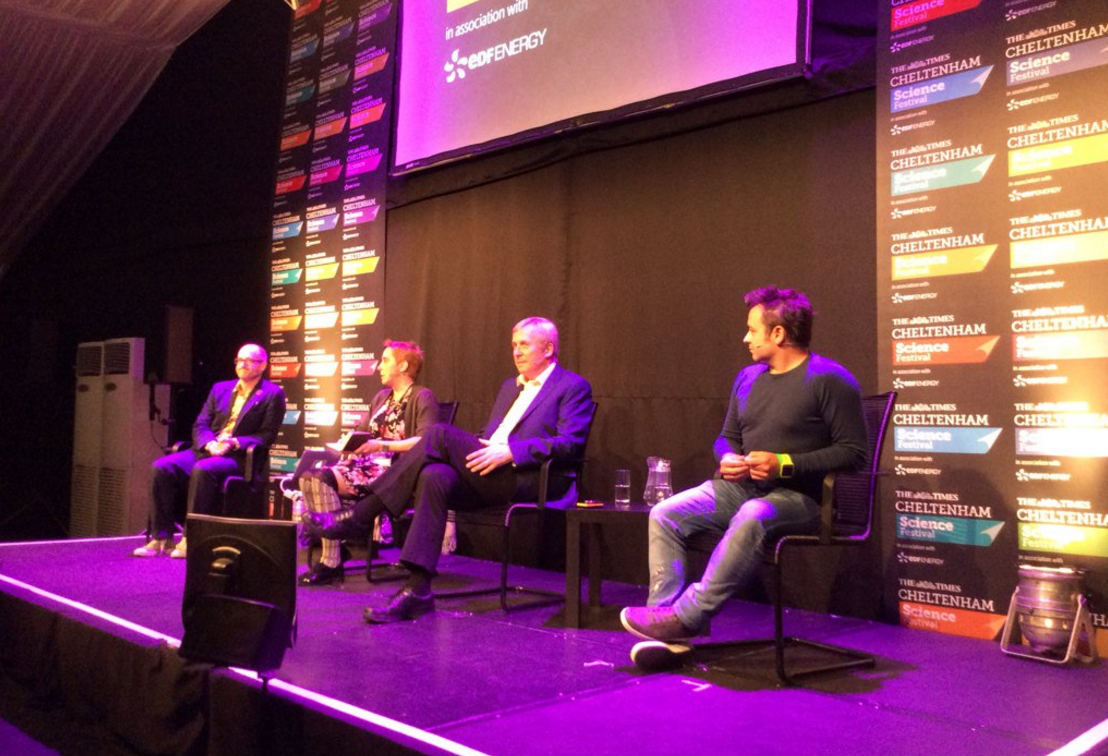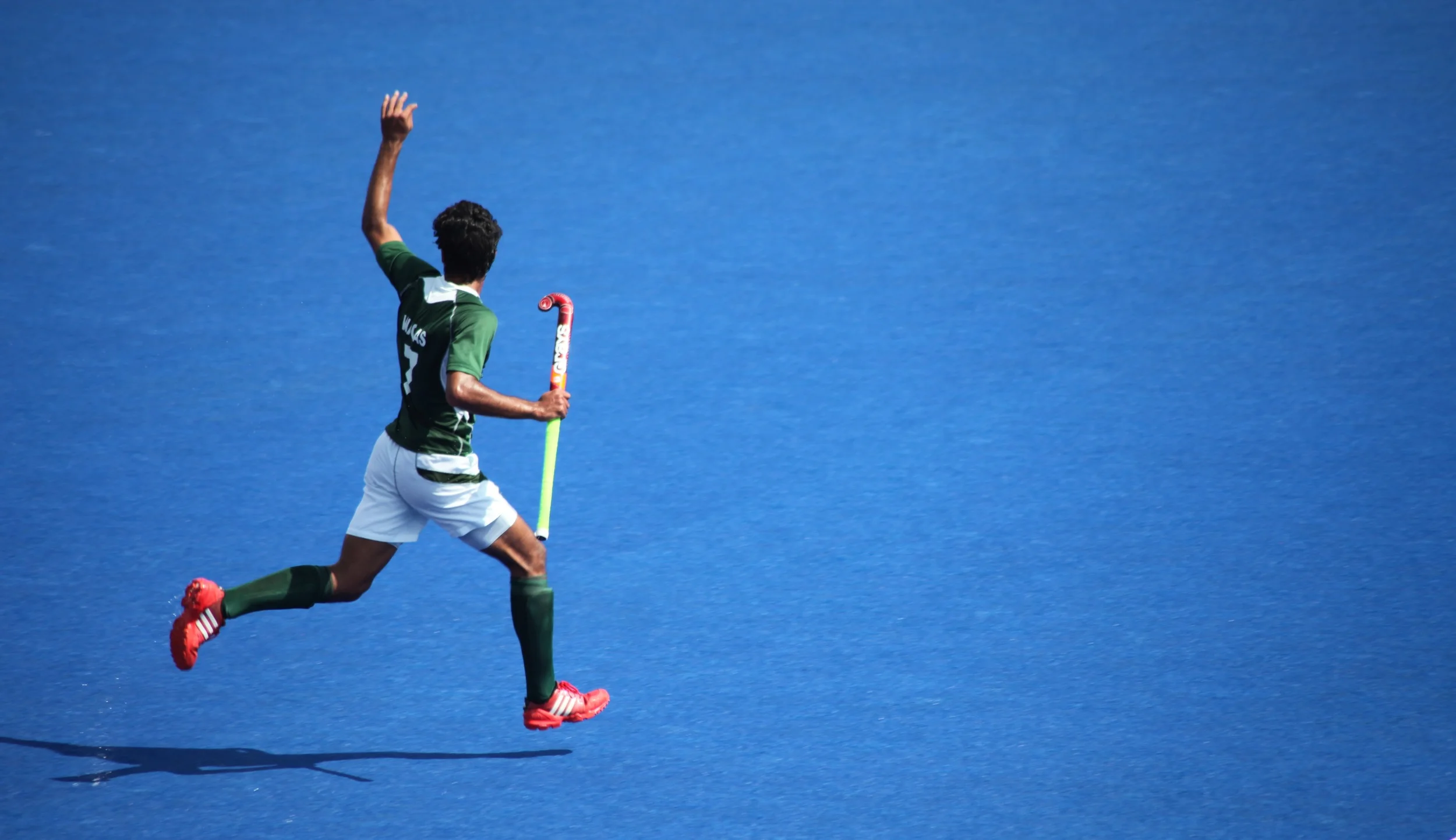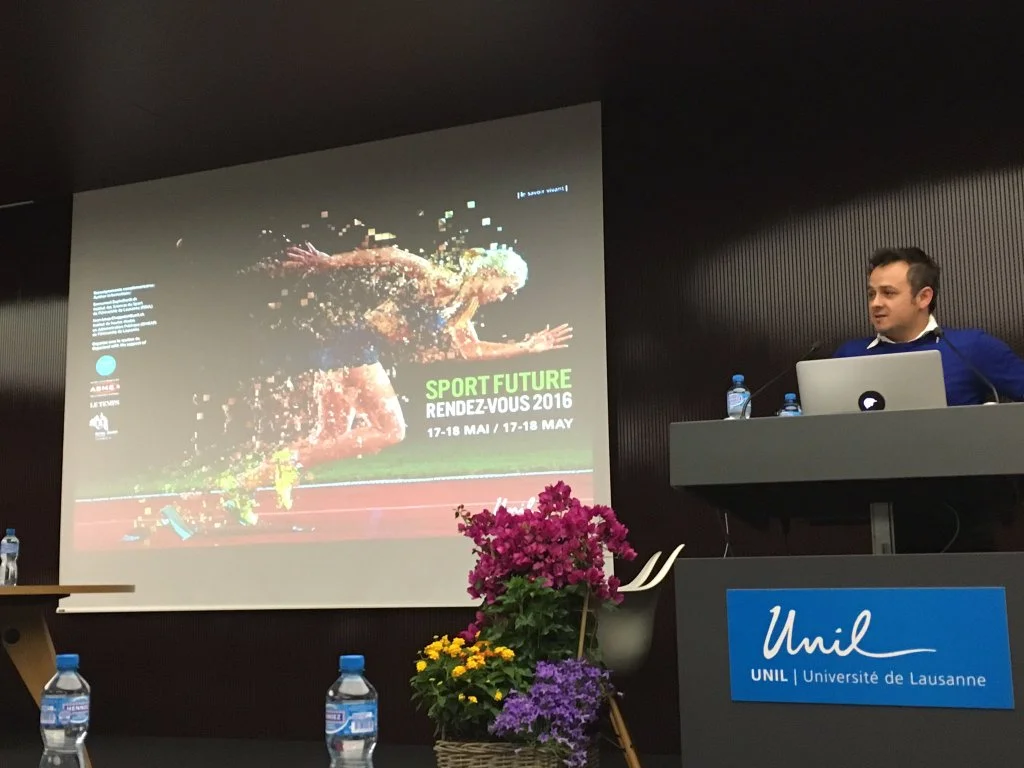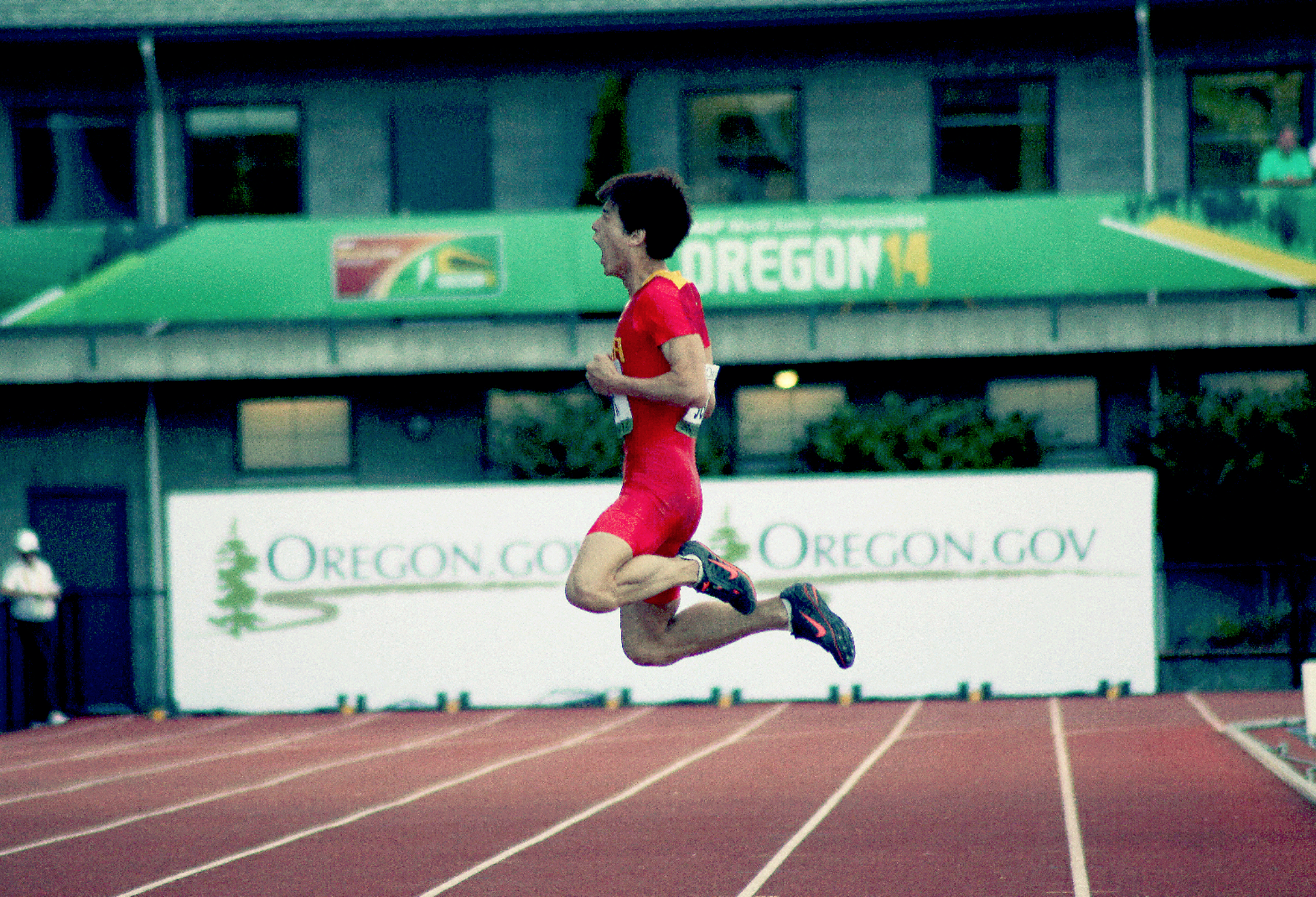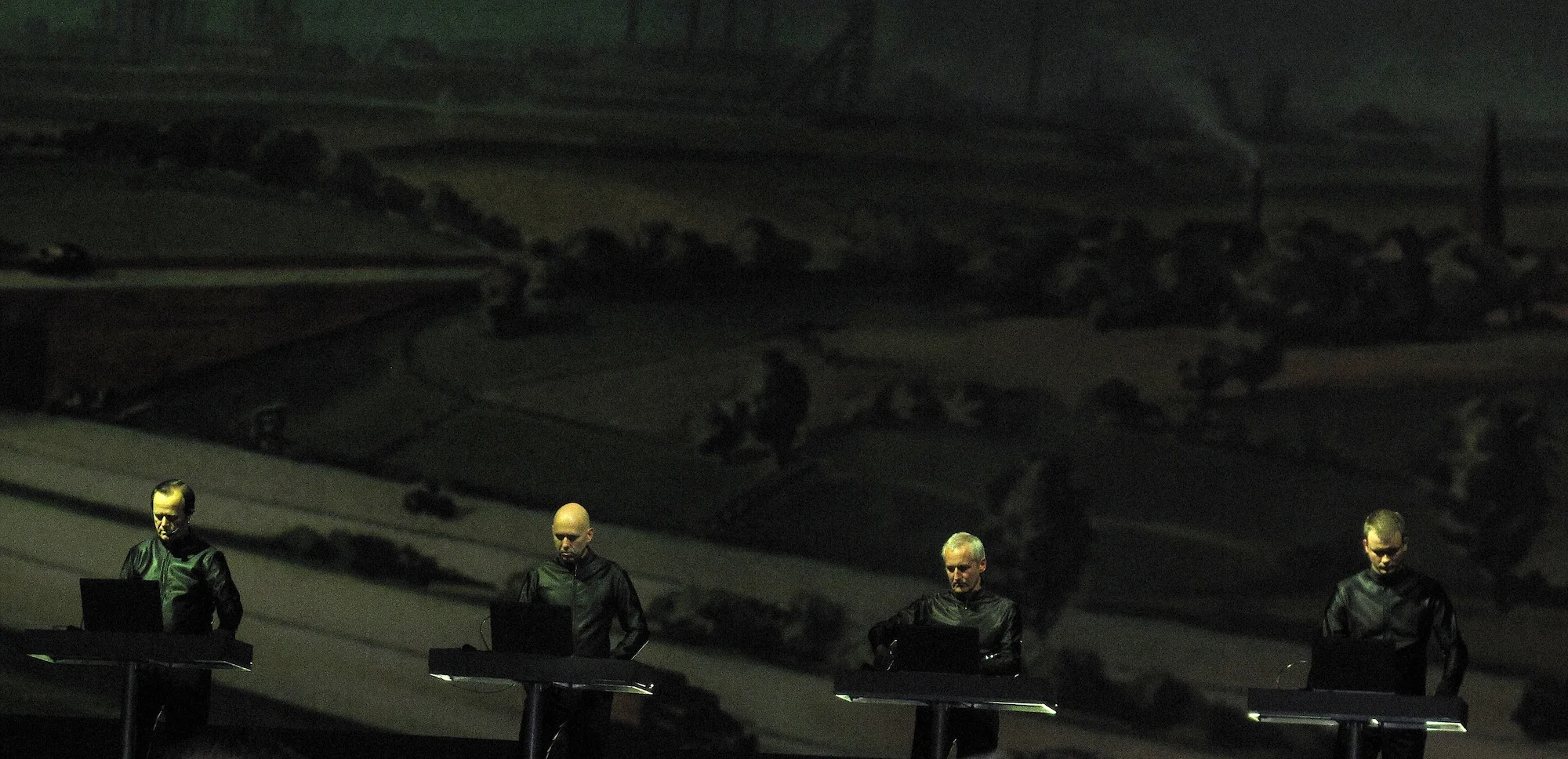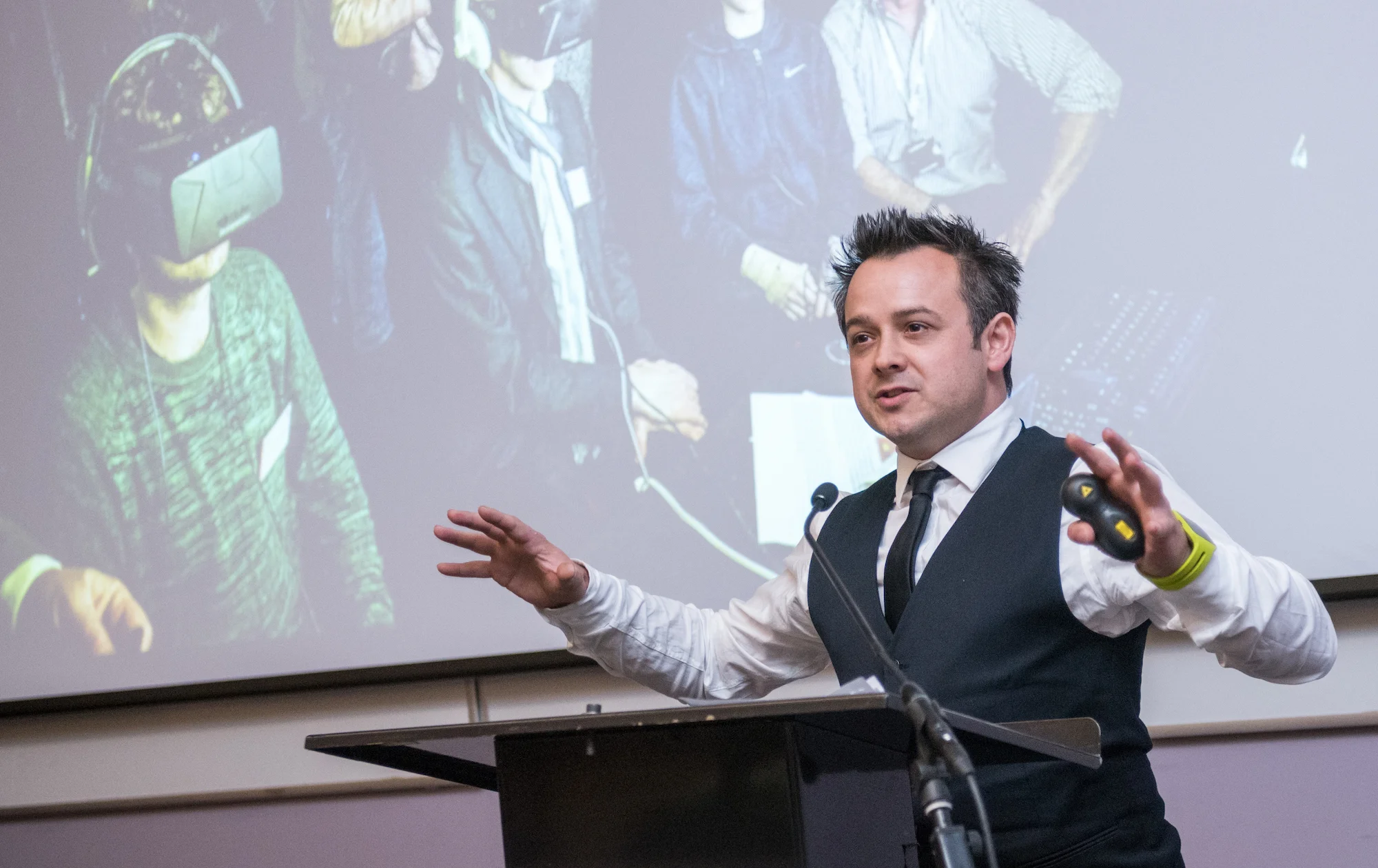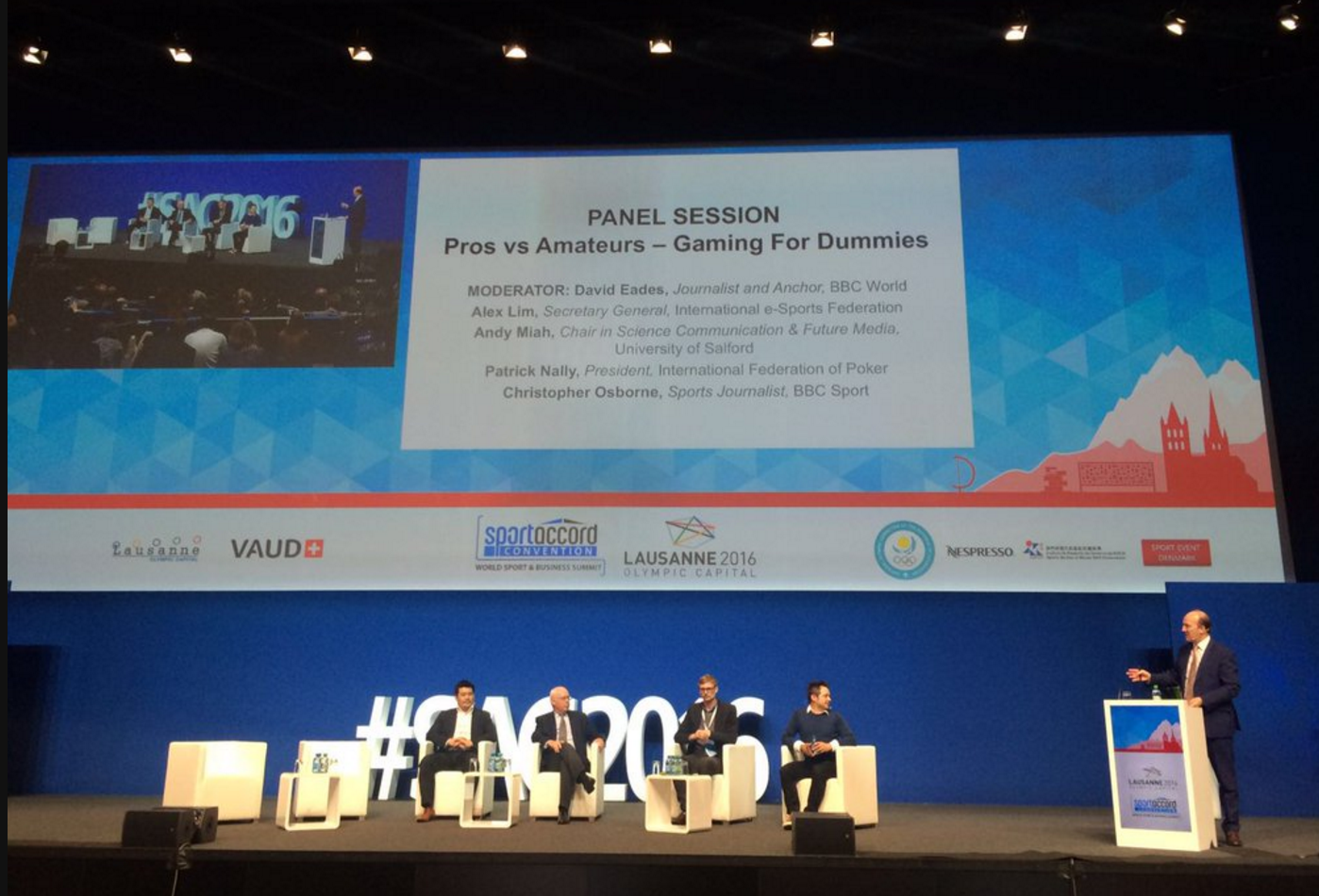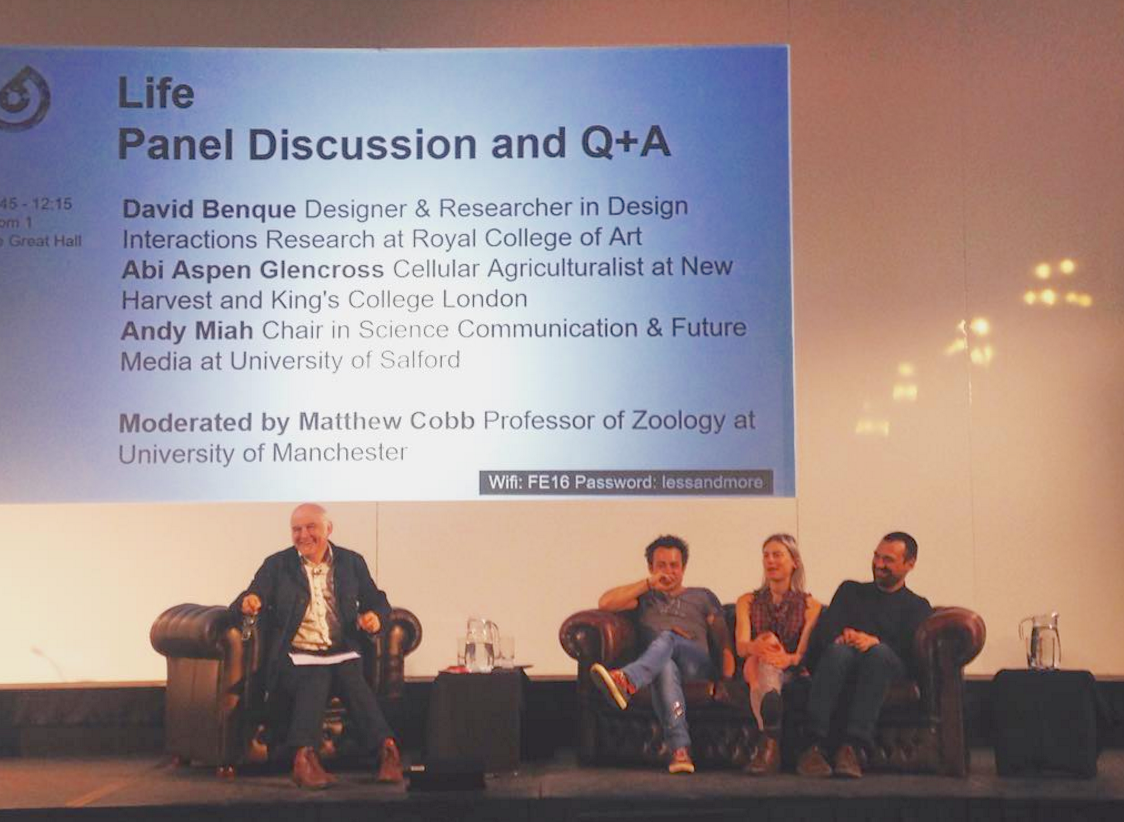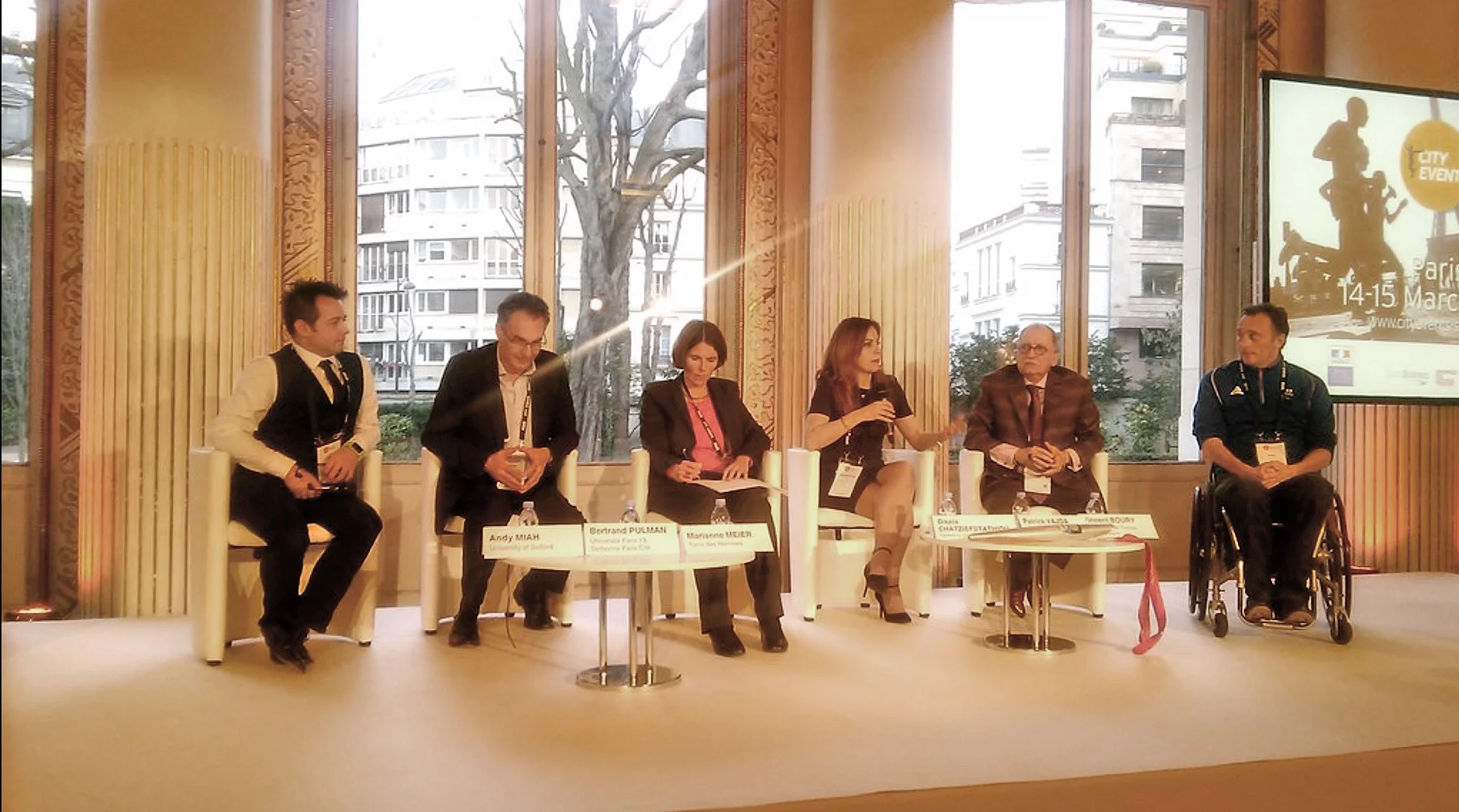This week, I took part in a really excellent panel on Life - and how it is changing - as part of Future Everything. My co-presenters were Abi Glencross and David Benque Here's my manuscript...
LIFE 2.0
When would less equal more?
Andy Miah
1
A few years ago, Gaia theorist James Lovelock was interviewed by the Guardian about how he saw the world today, after decades of providing warnings for humanity about its failing to turn the tide on our devastating impact on the environment. Amongst other things, he concluded with one piece of advice for everyone,
2/3
“enjoy life while you can: in 20 years global warming will hit the fan”
He also claimed that
“about 80%" of the world's population to be wiped out by 2100”
which is only 84 years away folks.
4
Unlike other species, we are incredibly inefficient when it comes to our utilization of resources and this inefficiency has grown over time, as our societies have become ever more complex.
- We eat more than we need.
- We exercise less than we should.
- We waste more food than ever before – 53% of fruit and veg, for eg..
- New materials have led to increasingly dead, toxic resources occupying our natural world, taking its toll on wildlife.
And the accumulation of these systemic imbalances means that identifying points where efficiencies could be made has also become incredibly complicated.
Consider our movement around this planet, which relies heavily on the availability of fuel for vehicles.
We could do less of this.
We could share our cars more. We could use video conferencing more. We could stop going on holiday, or at least holiday closer. We could send things via slower means and wait more patiently for them to arrive.
5/6
But instead we have the Amazon Dash button and drone delivery emerging to satisfy even greater desires for immediacy.
In any case, these are all social solutions to the problem of how to get more out of our resources, to reduce the pace at which we use them and buy ourselves more time to find alternative sources to keep this planet going – but especially to keep us going within it!
7/8
However, there are also technological solutions. Indeed, seen in this way, the behavioural fix to diminish our exploitation of natural resources by being less wasteful is just a stop-gap towards a more long term solution, and we have a few already.
- We can produce in-vitro meat, instead of growing it through lived beings. This would reduce the carbon footprint of our food considerably.
- We can staple our stomachs to reduce the feeling of hunger, which is said to drive us to eat more than we need – with the caveat that feelings of hunger may also have become a matter of social ritual, rather than biological need.
- We can use pre-implantation genetic diagnosis to identify and select for healthier embryos, which may allow us to create a population that is less reliant on already overburdened health care system.
- We can modify seeds to ensure a crop yield is more able to withstand harmful climatic realities, such as harsh winds, low rainfall, and so on – themselves a product of climate change.
9
So, while our inefficiency is supreme among the animal kingdom, we are incredibly well endowed in our capacity to think up efficiency saving devices. Our cognitive capacity allows us to discover ways of transforming our environment to optimize efficiencies, such as by controlling water flow and generating power with hydroelectric dams, or by creating wind turbines or solar cells, which draw from renewable sources of energy.
However, the worry of those who criticise any such technological solutions is that technology has a habit of biting back. We don’t trust the technological solution.
There is a feeling of mistrust in these solutions because we believe that human habits have a tendency to continue, despite such changes. We may staple our stomachs, but we will continue to stretch them, eating more – because hunger is no longer simply a biological response, but a cultural need born out of changes to our modern life – the time we get up, the time we go to bed and what happens in between.
10
So, we may find more ways of generating energy from renewable resources, but our species will continue to escalate the number of things it seeks to power, more rockets to fuel, more discoveries to be made, more artifacts to consume, more devices to connect – 50bn by 2020 if the predictions about the Internet of Things are accurate.
We also worry that environmental interventions may have unforeseen consequences, which could be even more catastrophic than if we just left things alone and accept what Erik Parens describes as the ‘goodness of our fragility’. In closing his critique of pursuing Paradise – through biotechnological enhancements, he quotes writer Milan Kundera who says,
“Humankind’s longing for Paradise is humankind’s longing not to be human’
and goes on to write about the peril of this longing.
Yet, the pursuit of a posthuman form of existence seems also written into our DNA. As a species, we seem bound to the pursuit of transcendence - physically, intellectually, emotionally, and spiritually.
11
To this end, finding a solution to our problem of resource limitation – how we make more out of less - relies in part on how we curtail this ambition, which is no simple task, especially when we also believe that its presence in our lives – the fact that we are ambitious, in the positive sense – seems also to be the currency that allows us to flourish as individuals, populations, or as a species.
Many of our kind aspire to live healthier, longer lives, which involve a boundless thirst for enjoyment, happiness, fulfilment, and satisfaction. We have employed medicine, science and technology to make this possible. We have used it to bring more people into the world, to make their lives less subject to suffering, to allow us to traverse the world more fully, to experience more of what it has to offer – even if we have failed to distribute these goods evenly across our populations.
Indeed, let’s be honest, it’s not working for everyone. Far from it.
12
In any case, take a look at your own life and consider where you could make efficiencies. Write down 3 things that you could do that would ensure that you make a difference to this problem, bearing in mind Lovelock’s 20 year prediction. Here’s some examples.
I will reduce the amount of food waste in my home.
I will ensure I recycle more of what I use.
I will use public transport more frequently.
I will get off my bus/train one stop before the one I typically use, to walk a little more each day.
13
These are really simple goals and pretty easy to achieve, but if 50% of you leave today and make even 1 such change, I would be surprised.
But that’s ok, because it’s not just about you.
It’s also about the institutions around you who make it harder for you to be more efficient. And this is where your list may need to change. Instead of focusing on what you can do to change your lifestyle, you might focus on what you can do to change those institutions.
But, the last thing I want to tell you is that we should curtail our desire to transcend.
14/15/16
So here’s an alternative for Future Everything to consider:
17/18
Could we engineer our biology to be more environmentally friendly?
I’m not sure anyone has asked this question before and I’m not sure many environmentalists would endorse this approach at all. The idea of tampering with nature seems fundamentally in conflict with environmental philosophy, assuming that such beliefs consider the human species to be mostly an unwelcome disruptive force on our planet, capable of introducing artificial and intractable imbalances within the ecosystem.
Nevertheless, it may be time to stop thinking about science as being in the service of ourselves and more how it can help us serve the environment better.
So many of the debates about HE have focused on functionality and the capacity of HE to improve the range of options in our lives. Its primary purpose is about our individual freedom to determine our futures and quality of life.
It is all about us.
But could this be different?
Could human enhancement environmentally friendly?
19
A few years ago, this document came my way via a US based professor.
PERFECT PEOPLE 2020
I didn’t really know what to make of it, but so much made sense.
It talked of how
· human enhancement would be a step towards realising the perfect soldier and perfect astronaut.
· How the blurring distinction between therapy and enhancement was state sponsored to promote complicity, with support from the media
· How bioethicists were part of the process by which complicity and experimentation could take place
· How limitless life extension would be enabled by a ‘magic’ pill that would call for a need to recognise suicide as a legitimate means of exiting our lives
But of course, human enhancement was in the national interests in terms of security, defence, and economic prosperity.
Of course, the human genome project race was about the proprietary interests in cell lines and our growing reliance on genetically modified biological matter.
And of course human experimentation didn’t stop with Nuermberg.
I just didn’t realise how extensive the ethical recklessness was back then, nor how complicit the bioethics community were in endorsing such work. It seemed almost as if bioethics was invented in order to allow science to become more reckless.
Perfect people 2020 made me realise that we needed a new strategy for human enhancement.
But what would an enhanced human look like, where the basis for such changes is all about supporting the environment?
27 2.0
So, LIFE 2.0 approaches things a little differently
I propose a form of what may be called Human offsetting
If a carbon offset is a ‘reduction in emissions of carbon dioxide or greenhouse gases made in order to compensate for or to offset an emission made elsewhere.”
Then
a human offset is an ‘efficiency gain in consumption or generation of resource, made in order to compensate for some other resource expenditure”
The manner of this offset could vary and I don’t want to separate out a biotechnological fix from any other kind.
In fact, I think there’s a lot we can change about how we currently do things, which could quickly change the equation of who gets what and how much.
Consider organ and blood donation. Why is there a shortage of either? There should not be, but we’ve allowed people to think of such needs among our species as acceptable to not meet. This is completely wrong and, back in 2007, the Big Donor Show in the Netherlands spoke eloquently of this social failure.
Human offsetting is the process by which we modify biology in order to provide an exponential return on our actions as depleting natural resources.
But here’s another problem, exemplified by a simple fact: The single biggest contribution you can make to reducing your use of resources is to not have children, but will you stop having children just because of this? No, you won’t!
All being well, having children is one significant aspect of what gives life value and, even the prospect that these children may have worse of lives by us all having too many of them does not dissuade us from pursuing this selfish act. And just to be clear, even if our act is born out of a desire to nurture life from a position of care or even altruism, it still remains a selfish act. It is about us and what we need.
Lovelock may provide some basis for thinking that this could be a good strategy. He recognises that there is a precedent for this, albeit simply synthesised food like quorn – hardly, hardcore human enhancement – but then it may be a starting point for a game changing intervention.
Going back to that Perfect People 2020 document – creating people who have gills and the capacity to live underwater was one proposition for figuring out how to live on this planet.
We are not quite there yet, but advances in using graphene may allow us to at least start to desalify sea water more efficiently, providing a new source of drinkable water for us.
- Desalination technologyhttp://news.mit.edu/2015/desalination-gets-graphene-boost-jeffrey-grossman-1102
We constantly make discoveries that were previously thought impossible to achieve and this alone makes it hard to write off even the wackiest of ideas.
It’s also important to recognise that more radical transhumanist applications have roots in longer-term pursuits in design. We may yet use gene editing to modify our germ-line and ready us for a time and some of the ethical concerns we have about this will diminish as the need to undertake such modifications grows, as a result of other environmental factors that limit our ability to thrive.
But the bigger picture around all of this has to do with the history of innovation around any one design proposition and unravelling that to more adeautely see why technological solutions are not absent of sociology.
28-40Patents
Let’s take one example, which is pertinent to our inquiry
Could we modify our capacity to regulate our body heat better, so that we need not rely on heating or air conditioning as much? Could we engineer ourselves to store heat, when we are warm, to later be used when we are cold?
We have tried figuring out this problem for over a century
- 1882 – water filled tubes
- 1930 - hat
- 1967 – space suit
- 1970 – cooling suit
- 2012 – cooling device dramatically affects performance capacity
- 2014 - Wristify – does away with Air Con using electrical pulses which make u feel warmer/colder
- 2016 – store solar heat in clothing
- http://news.mit.edu/2016/store-solar-heat-0107 - eg to heat an internal wire mesh within the clothes - http://onlinelibrary.wiley.com/doi/10.1002/aenm.201502006/abstract;jsessionid=FB1102B5EBE3D32249FE440CEF1EBB65.f02t02
In fact, the technological fix that we are often so mistrustful of, is in fact a complex web of trajectories that tells us that technology is first and foremost a social solution – with every design increment, we get closer towards fixing a problem and that boot strapping happens across decades and across the globe.
So, to conclude, when we think about what it is to operate as a posthuman – to think beyond the human – we first need to think beyond our species, not beyond our species typical functioning.
Life 2.0 denotes a break not just in our evolutionary trajectory, but in our beliefs about what we think we should be doing on this planet. We are so focused on putting to work other aspects of our environment – the wind, the water, the sun – that we have omitted to consider ourselves as vehicles of resource regeneration.
This shift in how we regard what could be done, will inform more deeply our sense of what needs to be done to ensure the longer term survivability of our species and those around us whose existence enables our own.
49
“If we can’t reverse our catastrophic impact on the environment by being more careful, then we need to reverse engineer ourselves”
And if you want to summarise this talk in less than 140 characters, here you go
“More bees, less drone beetles!” Thx #Futr16 @andymiah”
